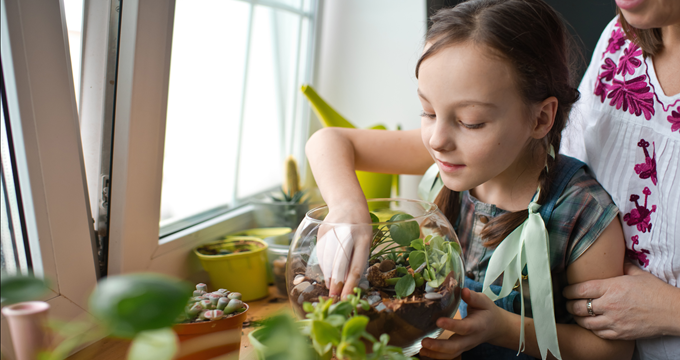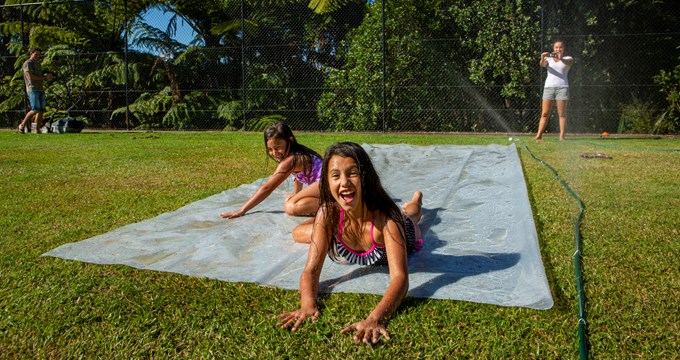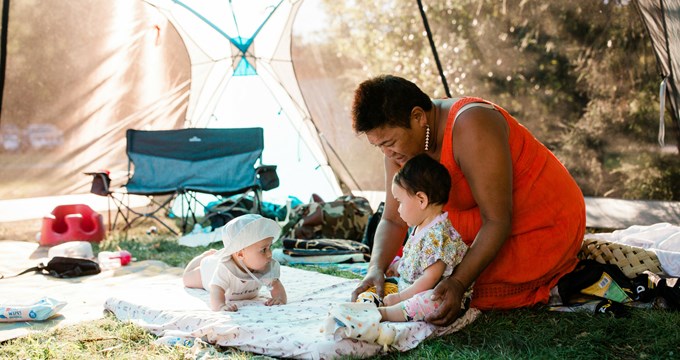Our oceans are in danger. The overwhelming scale of plastic pollution, over-fishing and carbon emissions are threatening the marine ecosystem. As New Zealand’s largest Life insurer, we believe we have a responsibility to care for ocean for it to thrive for future generations. To show our love for the ocean, we’ve partnered with WWF-New Zealand as a sponsor of Whale Tales 2022 to draw awareness to this issue. We’ve also comprised a list of small steps that every one of us can take to protect our oceans year-round and for years to come.
Ways you can help to protect the ocean:
Be considerate with your water use.
Every drain flows onto the ocean; the sea life’s home. Try shortening your shower, filling the sink to wash your dishes or turning taps off when brushing your teeth. Remember, personal hygiene products, cooking oils (once poured into sealable containers) and tissues should all be disposed of in the rubbish.
Make responsible seafood options.
Our oceans are being overfished and ill managed and millions of fish and marine animals are dying as bycatch. When you’re grocery shopping or dining out, look for sustainable seafood options.
Reduce vehicle pollution.
Carbon emissions and vehicle oil runoff (which travels from roads, drainpipes and rivers into the sea) are huge contributors of ocean pollution. Try to lower your impact on the environment by using alternative modes of transport; walk, run, bike, or scooter. Consider car share options or utilise public transport – if you’re lucky your route might give you an ocean view.
Say no to plastic to go.
Globally we have an enormous problem with micro-plastics; the breakdown by-product of larger plastics, occupying oceans and being mistaken by sea life as food. Many businesses in New Zealand have already switched to alternative products to single use plastic containers and cutlery, which is great. But why not reduce the need for single use products further? If you know you’re going to be collecting takeaway food items, take a re-usable container with you from home. Many food outlets offer you discounts for doing so.
Dispose and recycle with intention.
Search your local council’s website to learn what your rubbish and recycling centres will and will not accept. There you’ll find information on how to prepare your items for recycling; rinse, remove plastic from cardboard, check container sizes, as well as area specific information such as whether bottle lids should be kept on or not. There’s also categorised information on how to correctly dispose of unwanted items and some sites have PDFs that you can download for reference. Following the guidelines relevant to your area supports the systems already in place and ensures that your efforts won’t go to waste.
Walk on the beach, with a bucket.
On your next walk along the beach, take a bucket with you and collect any rubbish you see along the way to stop it reaching or returning to the ocean. You never know, this could become a double decade long hobby, like those who are diligently still searching for Lego that went adrift 25 years ago.
* The information provided is general in nature. It is not financial advice and was not written by a financial expert. If you require financial advice, you should contact a professional financial adviser for assistance.




